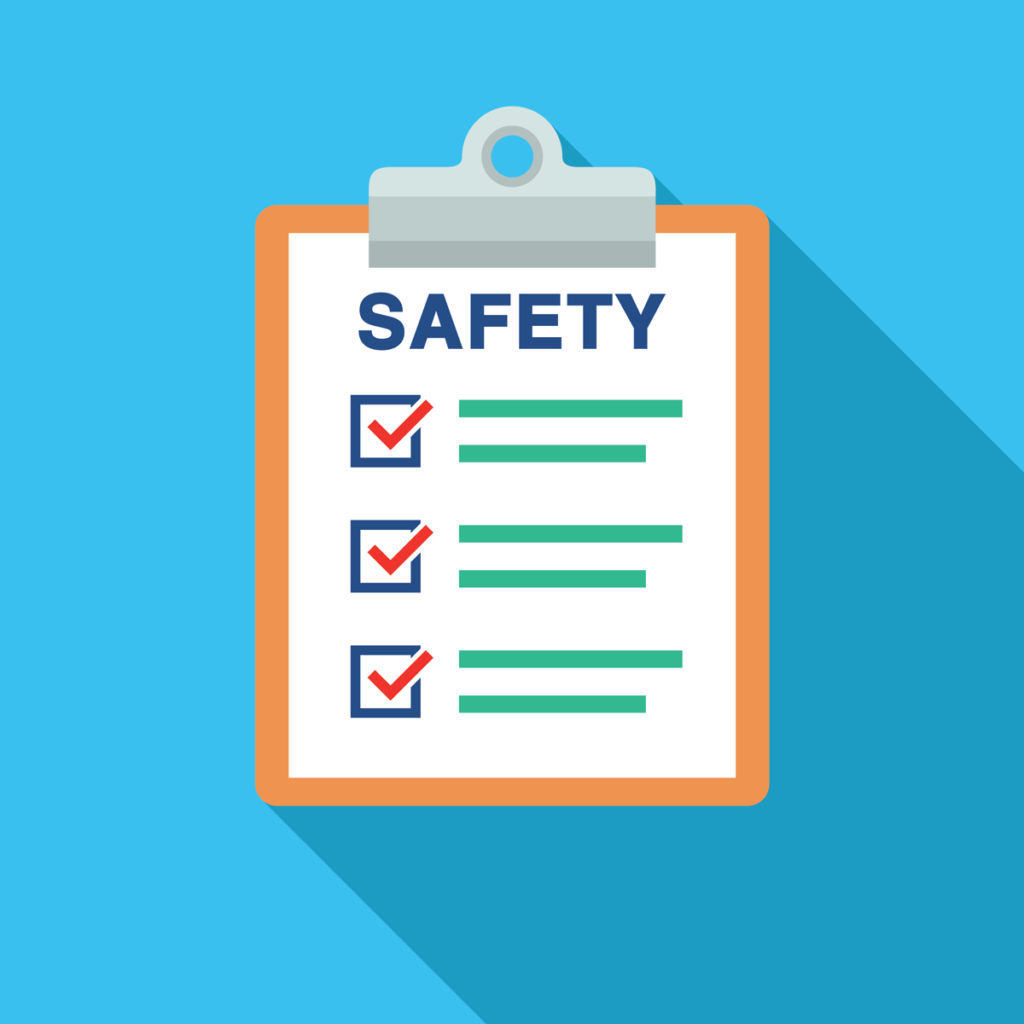It’s almost winter here in South Jersey, and that means it’s time to fire up the furnace to stay more comfortable at home. You can keep your family safe from furnace damage or carbon monoxide issues with these top 10 safety tips from the HVAC experts at Heating Specialties.
1. Choose the best furnace for your needs
Choosing a furnace can be a big decision but Heating Specialties can help you find the best option for your family. Gas furnaces are a little more expensive, but they’re more efficient and are reliable for 15 to 30 years. Oil furnaces are generally cheaper to purchase and install, but oil prices can fluctuate, with lower efficiency and require more expensive maintenance.
2. Schedule a regular maintenance
Whether you have a gas or oil furnace, we recommend keeping up with regular maintenance on your system for the best efficiency and performance. At Heating Specialties, we suggest scheduling a furnace maintenance tune-up at least every fall before heavy use in the winter.
3. Change your HVAC filter regularly
One DIY way to keep your furnace running at top efficiency is by checking and changing your HVAC filter often. We recommend that homeowners check and change their air filter every 30-60 days.
4. Install carbon monoxide detectors
If a furnace malfunctions, it could release deadly carbon monoxide into the air. Although it is odorless, colorless, and tasteless, keeping your family safe is made easier with carbon monoxide detectors. We recommend installing at least one on each floor, as well as near your family members’ bedrooms. Check them often and change batteries as needed.
5. Never use an oven, stove, or space heater as a primary heat source
Using an oven or stove to heat your entire home is very unsafe, as it could eventually introduce too much carbon monoxide into the air. And while space heaters are convenient, they are also not meant to heat your entire home, so follow the instructions in its packaging to avoid a fire or carbon monoxide poisoning.
6. Clean your furnace often
Cleaning and vacuuming in your home can help keep dust out of the air, and doing the same around your utility closet and furnace can prevent it from becoming a fire hazard. Clean the area about once a month or call Heating Specialties professionals for additional cleaning instructions or assistance.
7. Store flammable materials elsewhere
Because your furnace is used to heat your whole home, it can get hot. However, your utility closet may seem like an ideal storage space; store flammable or combustible items — paint, wood scraps, old rags, and papers — elsewhere.
8. Keep vents clear
In addition to keeping the area around your furnace clear, always ensure that your vents and floor registers are clear as well. Closing off vents to less-used rooms may seem like an excellent way to keep other areas warmer, but it can increase the air pressure and eventually cause damage to your system.
9. Have an emergency family plan
Overall, furnaces and HVAC systems are safer than ever, and you shouldn’t have much cause for worry. However, it’s always best to be prepared in case of an emergency. Make sure your family has a fire escape plan, establishes a meeting place outside, and that everyone knows how to call the fire department in case of a fire or gas leak.
10. Rely on professional installations
One of the best ways to know that your family is safe from furnace damage or breakdowns is by hiring a quality technician to install it for you properly. Fall is a great time to replace your HVAC system, and our Heating Specialties experts can inspect your home and help you decide on and install the best unit for your family’s needs.
Contact our team today at (866) 923-2653 or schedule an appointment online if you need a furnace tune-up or have questions about new installations.

